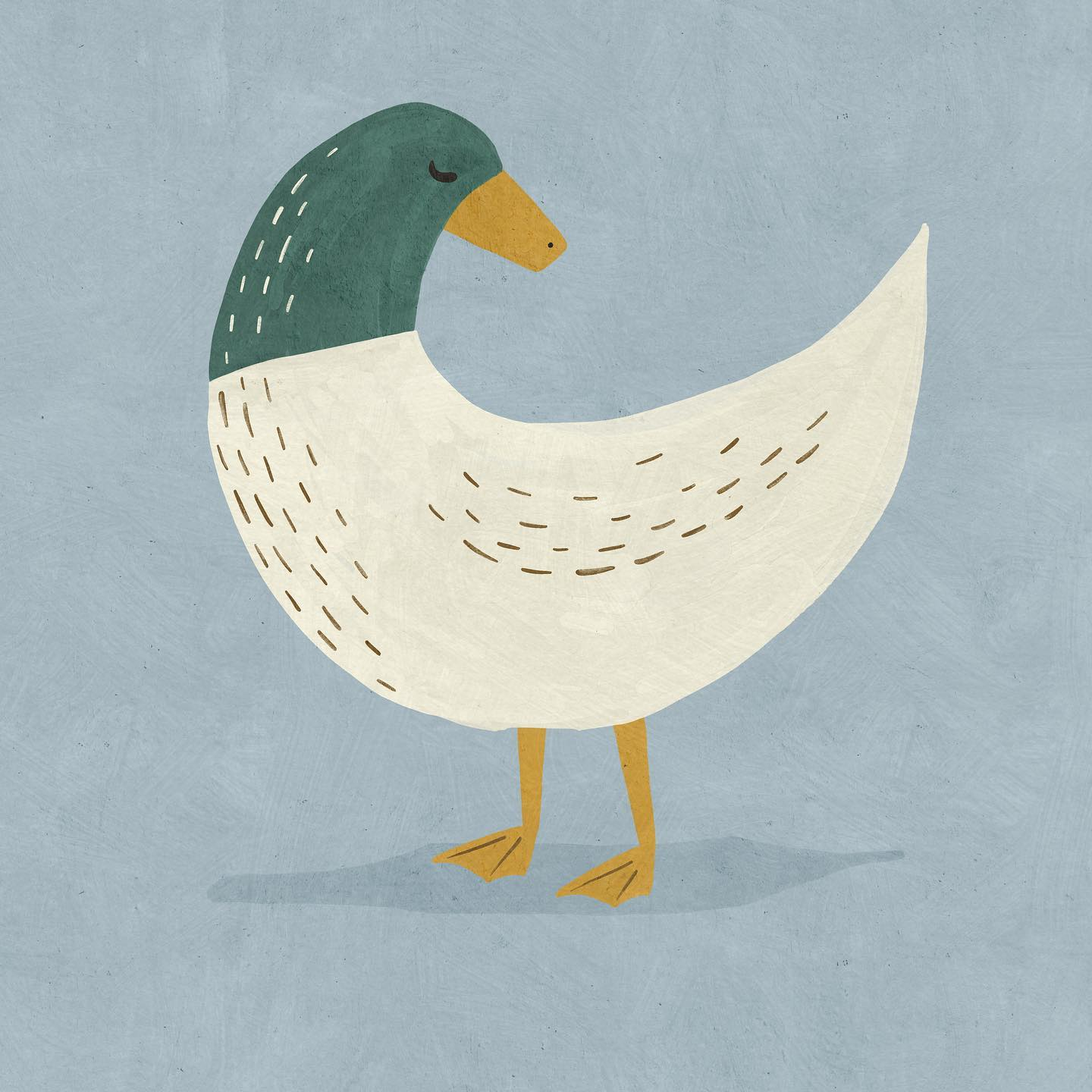Simple Ideas to Help Our Delightful Ducks

Ducks always brighten up England’s ponds, rivers and parks, adding life and colour, wherever they go. Their gentle quacks and playful antics charm young and old alike, but these birds face many risks that aren’t always obvious.
Pollution, lost habitat and well-meaning mistakes can put their health at risk. Here’s a clear, friendly guide to simple things you can do to help ducks thrive right where you live.
We have lots of species of ducks (those exotic looking ducks are escapees from zoos in South America years ago). These social creatures can live up to 20 years, and are so friendly, they even chat to other as ‘eggs’ while waiting to hatch!
If you’ve ever seen ducks sleeping with one eye open on the banks, that’s because ducks can literally shut off one part of their brains to go to sleep, while remaining alert with the other.
Don’t Feed Junk Food to Ducks
Wildfowl charities say that it’s best to let birds find their food, because in a country of 60 million people, even giving ‘a little’ bread means they end up eating junk food and dying earlier.
Bread has little nutrition for birds (and mouldy/stale/crusty bread can choke, as can salt from sandwiches – and butter smears on feathers, affecting waterproofing and insulation. Feeding wildfowl also makes them too tame, and they get too close to dogs and traffic.
Ducks often swoop down to nab snails or worms, while some even chase small fish. This diet supplement is particularly vital during breeding seasons when energy needs spike.
Come autumn and winter, many focus on seeds and grains, fattening up for migration or surviving the cold months.
Ducks and geese often graze, foraging on land and cropping grass, like mini lawnmowers. This method enables them to take advantage of terrestrial ecosystems when aquatic resources are scarce.
Keep Local Ponds & Lakes Clean

Ducks depend on clean water for drinking, bathing and finding food. Litter and chemicals in rivers and ponds can harm their health quickly. Take rubbish home after picnics and avoid dropping food scraps.
Pesticides, weed killers and fertilisers can wash into rivers and ponds after rain, harming ducks and their food. Swap harsh products for more natural options in your garden or on your allotment.
Support local parks and green spaces that reduce chemical use. Vote in some new councillors! Keeping chemicals away from water helps protect all creatures sharing the duck’s home, not just the birds themselves.
If you’re an angler, Monomaster is a nifty invention to store fishing line, the design does not encourage nesting birds.
Voluntary bans on lead shot have not worked (100,000 wildfowl die yearly from ingesting metal in used pellets (lead shot also harms up to half a million other creatures).
Why and Where Ducks Migrate

Each year, thousands of ducks embark on long journeys. Many species need specific habitats to reproduce, often found in more temperate regions during warmer months.
Each has unique migratory behaviours. For instance, the Teal migrates in small flocks, favouring wetlands as stopover sites. The Wigeon, known for its distinctive whistle, travels in larger groups and is often spotted in estuaries.
Provide Safe Nesting Spots
Many ducks nest in tall grass or bushes close to water. Councils can help by leaving patches of long grass and dense plants near ponds, especially during spring and early summer.
Avoid heavy use of lawnmowers or strimmers in these areas, as eggs and nests can be hidden from view. These little changes create safe, quiet places for ducks to raise their young.
Ducklings face many dangers, from busy roads to curious dogs (let alone from natural predators like herons). When out near water in spring, keep dogs on leads and teach children to give duck families plenty of space.
If you spot ducklings separated from their mother, watch quietly from a distance. Wild ducks are best left alone unless they are in immediate danger, in which case a wildlife rescue group should be called.
Sometimes park staff or councils put up signs or fences to protect duck nesting spots or fragile habitats. Respect these areas and help others do the same. Keeping to marked paths can make a big difference without much effort.
Watch for Injured or Sick Ducks
If you spot a duck that can’t walk or swim properly, stays away from others, or seems tangled in rubbish, don’t try to help alone. Contact a local wildlife rescue centre for advice.
Trained staff will know the best way to treat or help the bird. Acting quickly can save a duck’s life, and professional help gives the best chance of recovery.
Don’t Eat Duck Meat
This is a no-brainer. If you like Chinese food, try this recipe for crispy duck pancakes (keep away from pets, as it’s not real meat) or buy mock duck (braised seitan in gravy) in health stores.
Also boycott pate de foie gras. This when geese (and ducks) are force-fed until their pates turn to liver. It’s banned in the UK to produce, but still sold in some shops, hotels and restaurants.
Harming native wildlife is illegal. If you see anything of concern, report to wildlife crime unit (can be anonymous).
Look After Duck Rescue Charities

Support Sally’s Ducks, one of England’s duck rescue charities, which takes in elderly or disabled ducks needing a safe home.
One tip to humanely deter foxes from eating ducks, is to get the male member of the household to urinate in the garden, apparently it’s a good deterrent!






